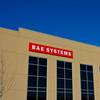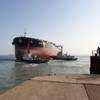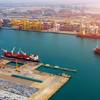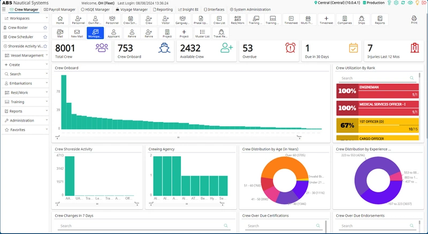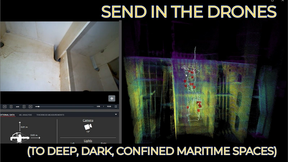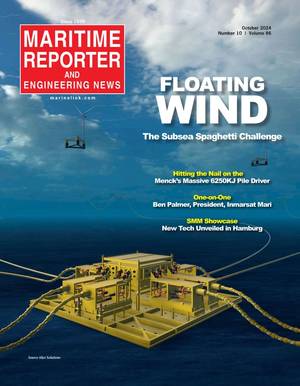The International Maritime Organization (IMO) agreed this week that the Baltic Sea special area for sewage discharges from passenger ships under Annex IV or the MARPOL Convention will take effect by latest 2021 for IMO registered passenger vessels.
If a passenger vessel has an approved sewage treatment plant, meeting all IMO standards, it may discharge its effluent in the Baltic after treatment.
However, in certain cases of direct passages between St. Petersburg area and the North Sea there is a two-year extension to the deadline, until 2023.
The decision follows the efforts of Baltic Marine Environment Protection Commission – Helsinki Commission (HELCOM) aimed at limiting sewage discharges in the Baltic Sea from passenger vessels, as the emissions have negative impact on the marine environment.
"It's something that we have all been waiting for and it's wonderful that it will finally happen," said Hermanni Backer, secretary of HELCOM's maritime, response and fish departments. He added that now, IMO and HELCOM would have to work on getting all Baltic states to join in the effort. Backer suggested that there was some concern that Russia might not choose to participate.
HELCOM Maritime Working Group consisting of maritime administrations of the Baltic Sea coastal countries and the EU developed the proposal to designate the Baltic Sea as a special area for sewage within MARPOL Annex IV that was submitted to IMO MEPC by the coastal countries in 2010.
However, according to this IMO decision the status would only take effect once the coastal countries informed IMO that adequate Port Reception Facilities are available in the region.



